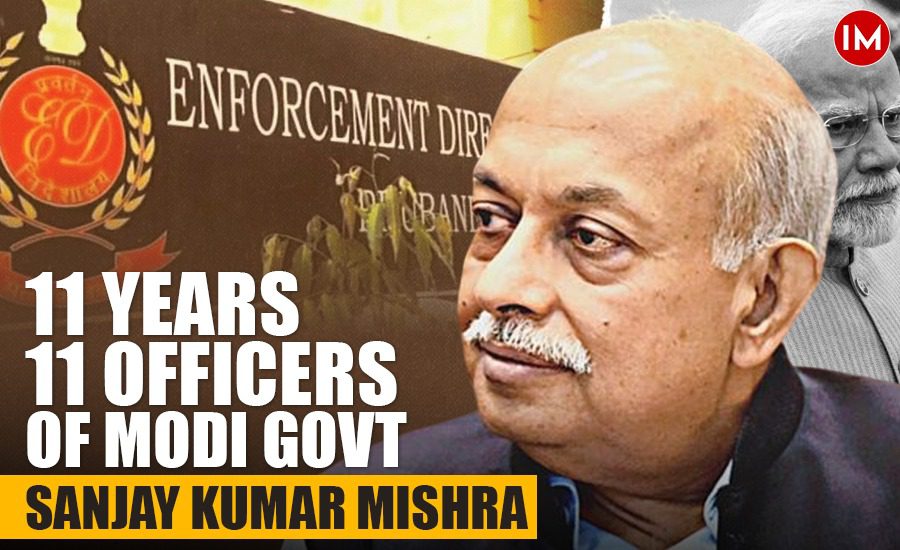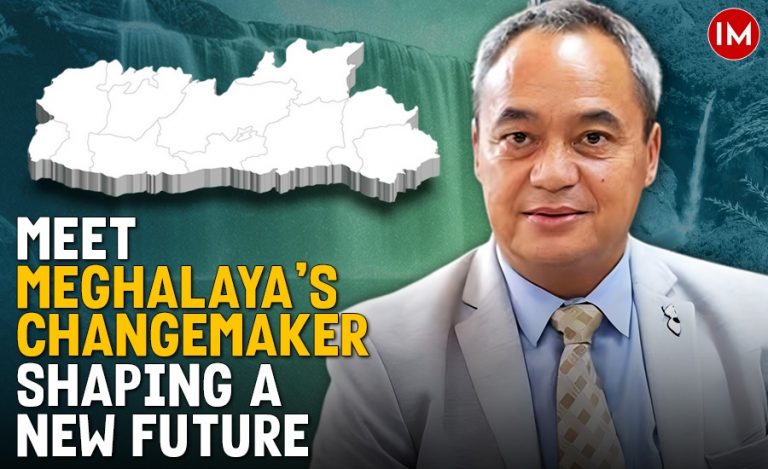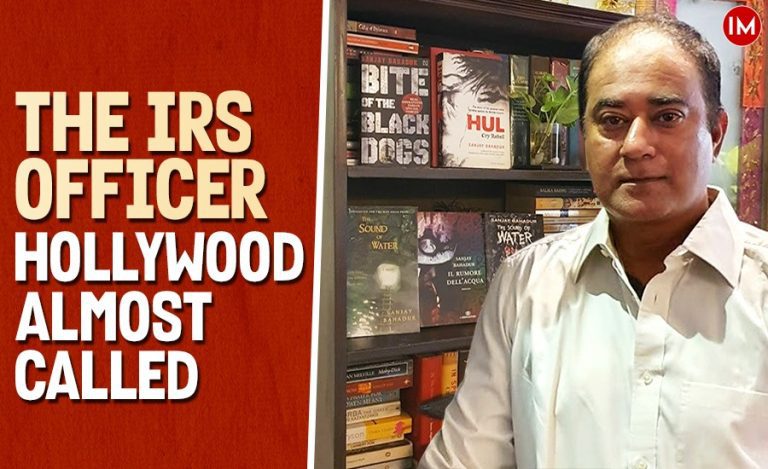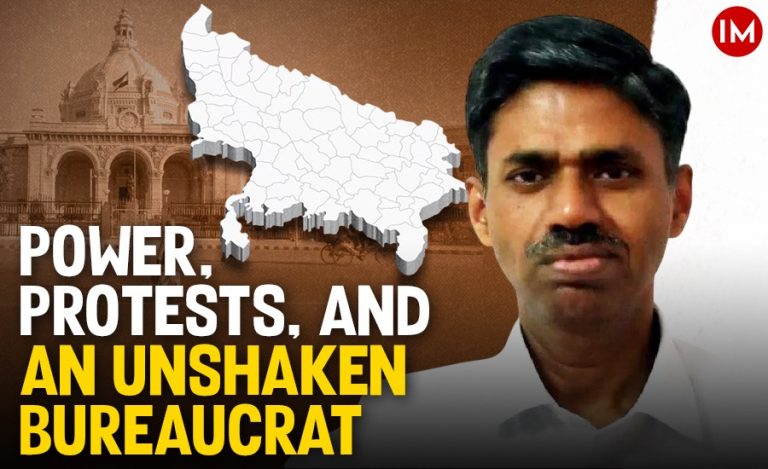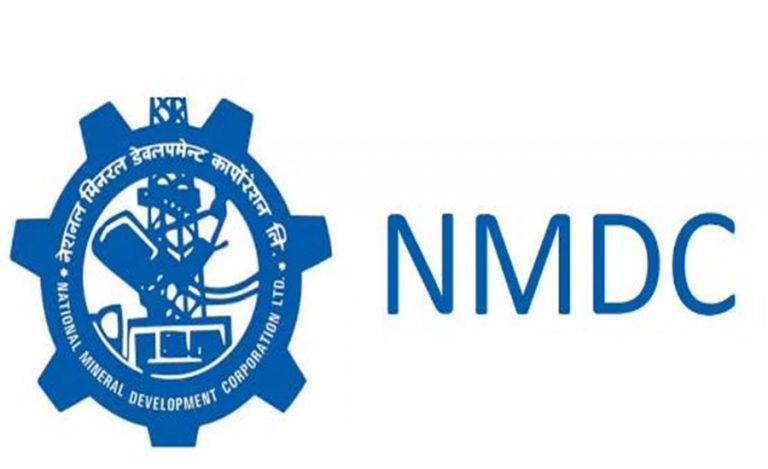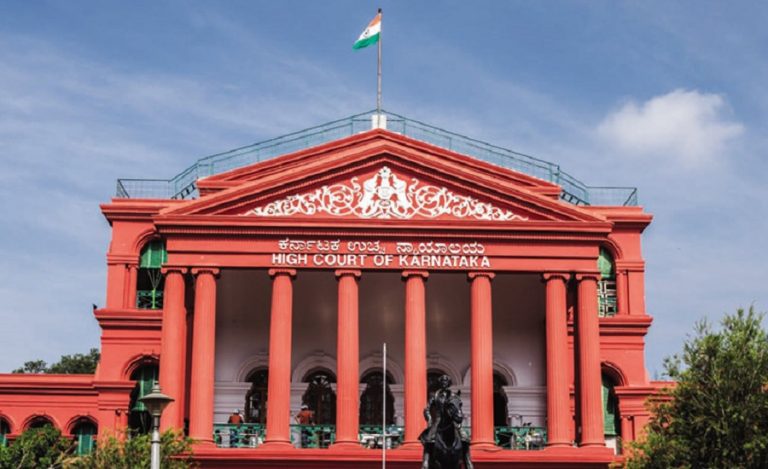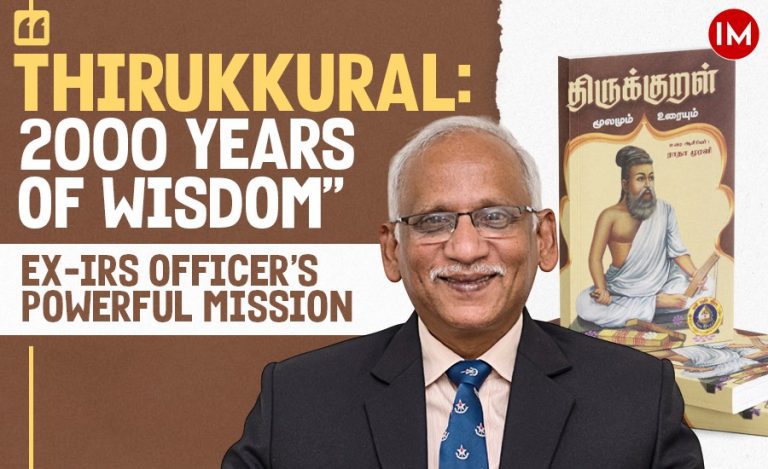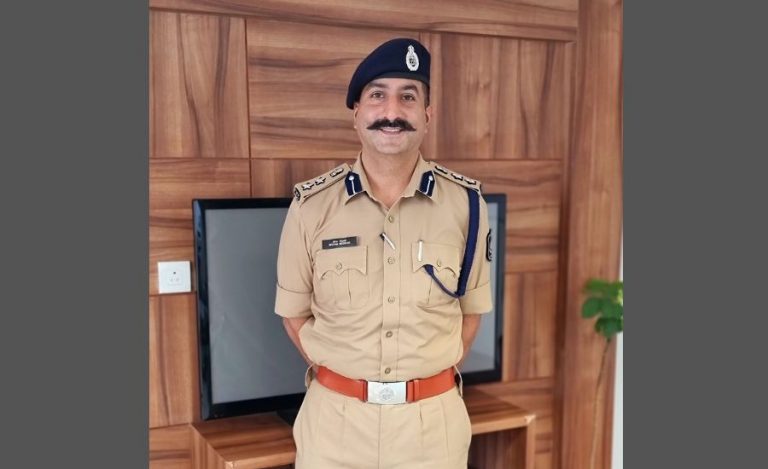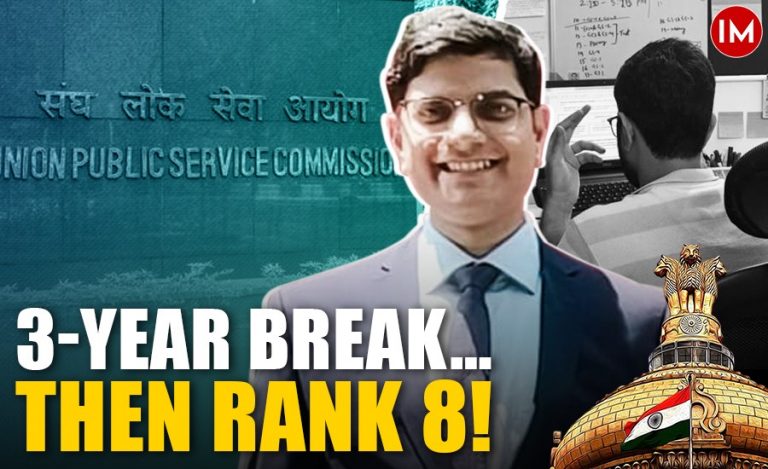One of the most low-key yet a lynchpin during a major part of the 11-year-old Modi Government is Sanjay Kumar Mishra, who served as Director of the Enforcement Directorate (ED) from 2018 to 2023, redefining the agency’s role in tackling financial crime. A 1984-batch Indian Revenue Service (IRS) officer, Mr Mishra’s career is a study in precision, intellectual rigour, and an unrelenting focus on economic enforcement, earning him a unique place in India’s administrative history. Interestingly, he was a biochemist who became a bureaucrat and is still serving the government as a full-time member of the Prime Minister’s Economic Council.
A SCHOLAR’S BEGINNINGS
Born in Uttar Pradesh, Sanjay Kumar Mishra grew up in a middle-class family with a penchant for academic excellence. His degree in biochemistry from Lucknow University revealed an analytical mind, one that would later dissect complex financial crimes with surgical precision. Clearing the UPSC Civil Services Examination on his first attempt, Mishra joined the IRS in 1984, among the youngest in his batch. His early years in the Income Tax Department in Gorakhpur laid the foundation for a career that would span taxation, economic enforcement, and high-stakes investigations.
Mishra’s intellectual curiosity extended beyond his professional life. A connoisseur of Urdu poetry, he found solace in the works of Mirza Ghalib, Qateel Shifai, and Faiz Ahmed Faiz. Yet, his aversion to social media and public attention kept him enigmatic, with only a handful of photographs and sparse personal details available online.
REDEFINING THE ENFORCEMENT DIRECTORATE
Appointed as ED Director in October 2018, initially on an interim basis, Mishra took the helm at a time when economic crimes were under intense scrutiny. His tenure, which extended to September 2023 through multiple government-backed extensions, was nothing short of transformative. Under his leadership, the ED registered 4,000 cases, conducted 3,000 searches, and attached assets worth ₹65,000 crore—65% of the agency’s total attachments in its 17-year history under the Prevention of Money Laundering Act (PMLA).
Mishra personally oversaw some of India’s most high-profile investigations. The National Herald case, the INX Media probe leading to P. Chidambaram’s arrest, the ₹13,000-crore PNB scam involving Nirav Modi, and the prosecution of Vijay Mallya’s companies were among his marquee cases. His team secured extradition approvals for fugitives like Mallya, Modi, Sanjay Bhandari, and others, reinforcing India’s global stance against economic offenders. The 2G spectrum case, one of the country’s largest corruption scandals, also saw significant progress under his watch.
Beyond casework, Mishra professionalised the ED, bringing in external experts and training officers to strengthen the agency’s capacity to enforce the PMLA, Fugitive Economic Offenders Act (FEOA), and Foreign Exchange Management Act (FEMA). His focus on bank frauds, terror funding, and black money cases elevated the ED’s profile, earning it the moniker “the new CBI.”
NAVIGATING CONTROVERSY
Mishra’s tenure was not without contention. His multiple extensions—first in 2020, then in 2021 and 2022—sparked legal challenges from NGOs like Common Cause and opposition leaders, who accused the government of leveraging the ED to target political rivals. Critics pointed to investigations against figures like Sonia Gandhi, Rahul Gandhi, D.K. Shivakumar, and Hemant Soren as evidence of selective enforcement. The Supreme Court, while upholding his initial extension in 2021, deemed the third extension illegal in 2023, allowing him to serve only until September 15, 2023, for a smooth transition.
Yet, Mishra’s supporters argue that his methodical approach and deep knowledge of taxation and economics were indispensable. The government’s rare move to issue an ordinance to extend his tenure (a privilege shared only with Nripendra Misra) underscored his critical role in ongoing investigations. Colleagues describe him as empathetic but strict, with a sharp memory and a knack for cutting through complex financial webs.
A NEW CHAPTER
In March 2025, Sanjay Kumar Mishra transitioned to the Economic Advisory Council to the Prime Minister (EAC-PM) as Secretary, a role that leverages his economic expertise to shape national policy.
Sanjay Kumar Mishra’s career embodies the quiet diligence of a bureaucrat who reshaped economic enforcement in India. His work at the ED not only recovered billions in assets but also sent a strong message to economic offenders, domestically and abroad. As the government celebrates 11 years of progress, Mishra stands out as an officer whose exceptional contributions strengthened India’s financial integrity, proving that impactful governance often comes from those who work behind the scenes.
A CAREER FORGED IN COMPLEXITY
Mishra’s journey in the IRS was marked by early exposure to economic enforcement. As an Assistant Director in the ED in the late 1980s, he handled cases under the Foreign Exchange Regulation Act (FERA) in Agra and Jaipur, gaining a deep understanding of financial irregularities. His subsequent roles in the Income Tax Department, including as Chief Commissioner in Delhi and a stint in the Foreign Tax Division of the Central Board of Direct Taxes (CBDT), honed his expertise in tackling undisclosed foreign assets and high-profile tax evasion cases.
In 2013, Mishra served as Joint Secretary in the Ministry of Home Affairs, but it was his return to the Income Tax Department in 2014 that set the stage for his most prominent role. His investigations into cases like the National Herald, involving the Gandhi family, and probes against media house NDTV showcased his ability to navigate politically sensitive matters with procedural rigour.

